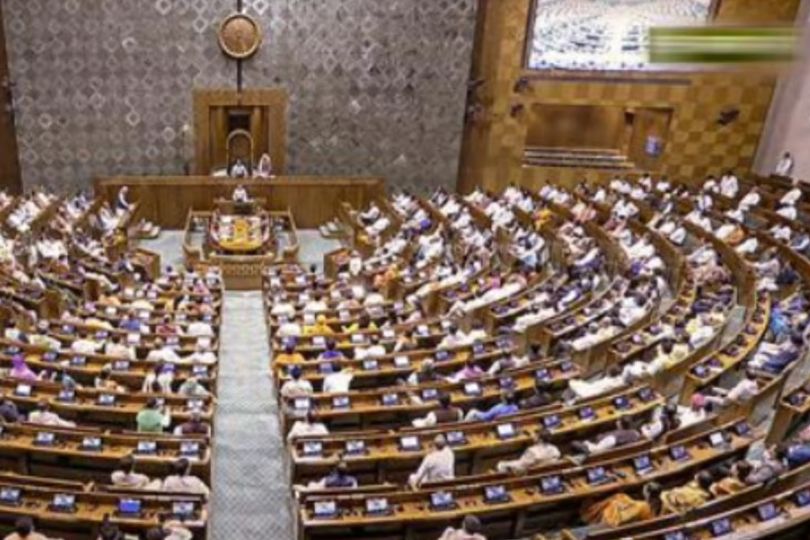PUBLISHING MADE SIMPLE | Lok Sabha Passes the Press and Registration of Periodicals Bill, Ushering in a 'New Era of Press Freedom and Ease of Doing Business'
Explore the revolutionary Press and Registration of Periodicals Bill, 2023, bringing simplicity, speed, and freedom to India's publishing landscape. Say goodbye to colonial-era complexities.on Dec 22, 2023

The Lok Sabha passed the Press and Registration of Periodicals Bill, 2023, repealing the colonial-era Press and Registration of Books Act, 1867, in a historic move on Thursday.
The Rajya Sabha had already passed the Bill during the Monsoon Session.
According to an official spokesman, the new statute - The Press and Registration of Periodicals Bill, 2023 - makes the process of title allotment and registration of periodicals simple and simultaneous, through an online system that does not require any physical interface.
This would allow the Press Registrar General to expedite the process, ensuring that publishers, particularly small and medium-sized publishers, have no problem beginning a publication.
Most crucially, publishers would no longer be needed to make declarations with District Magistrates or local authorities and have them validated.
Furthermore, printing presses would not be obliged to provide any such declaration; instead, mere inference would suffice.
Currently, the complete process comprised eight phases and took a long time.
Anurag Singh Thakur, Minister for Information and Broadcasting, said in introducing the Bill in the Lok Sabha, "The Bill reflects yet another step of Prime Minister Narendra Modi government towards jettisoning mentality of slavery and bringing new laws for new India."
The minister stated that the government's priority had been to end criminality and increase the ease of doing business and living through new legislation, and that attempts had been taken to drastically decriminalise the colonial era statute.
"Instead of conviction, financial penalties have been proposed for certain violations." A competent appeals structure, led by the Chairperson of the Press Council of India, has also been established. "We're emphasising the ease of doing business," Thakur remarked. "Title registration process, which sometimes took 2-3 years, will now be done in 60 days."
He claimed that the Act of 1867 was a remnant of the British Raj that sought total control over the press, printers, and publishers of newspapers and books, as well as hefty fines and punishments, including imprisonment, for numerous offences.
"It was felt that in today's age of free press and the government's commitment to uphold media freedom, the archaic law was totally out of sync with the current media landscape," said Thakur.



.jpg)






.jpg)

.jpg)
.jpg)

.jpg)
.jpg)
.jpg)










Sorry! No comment found for this post.